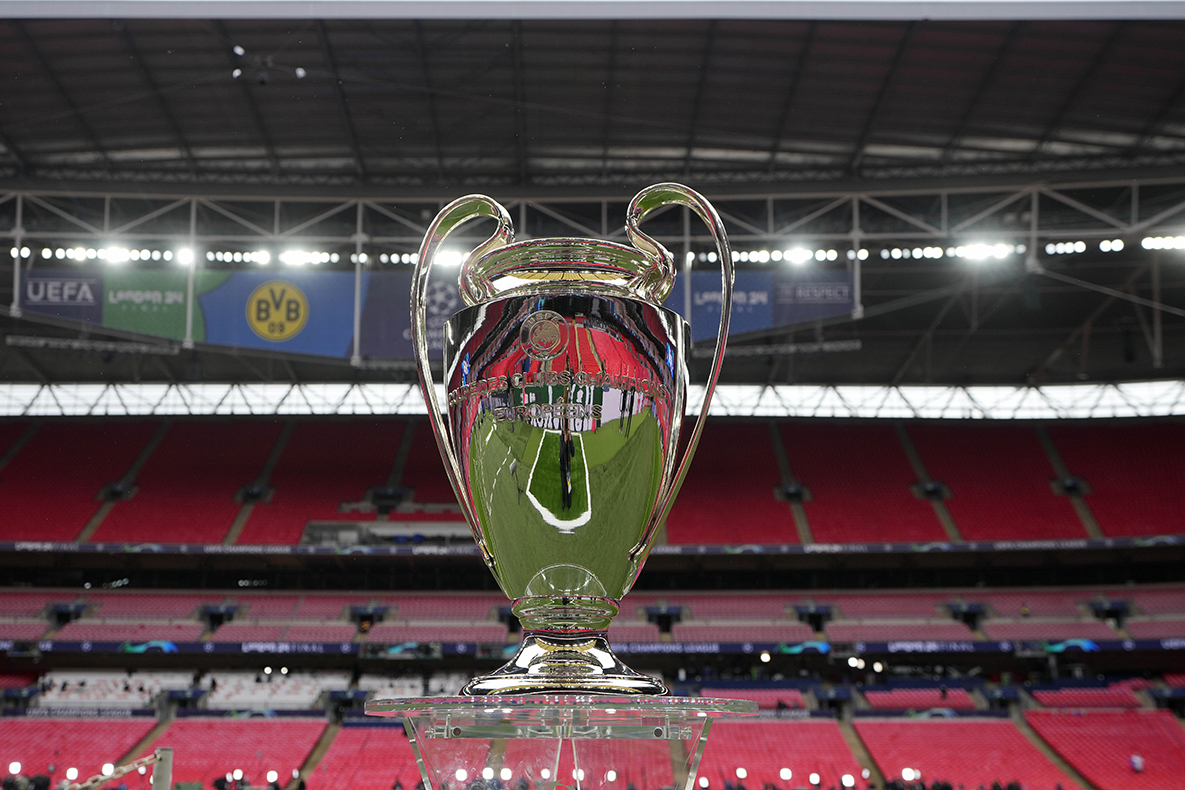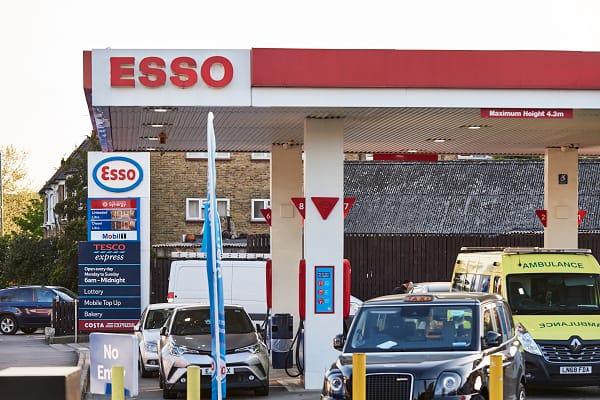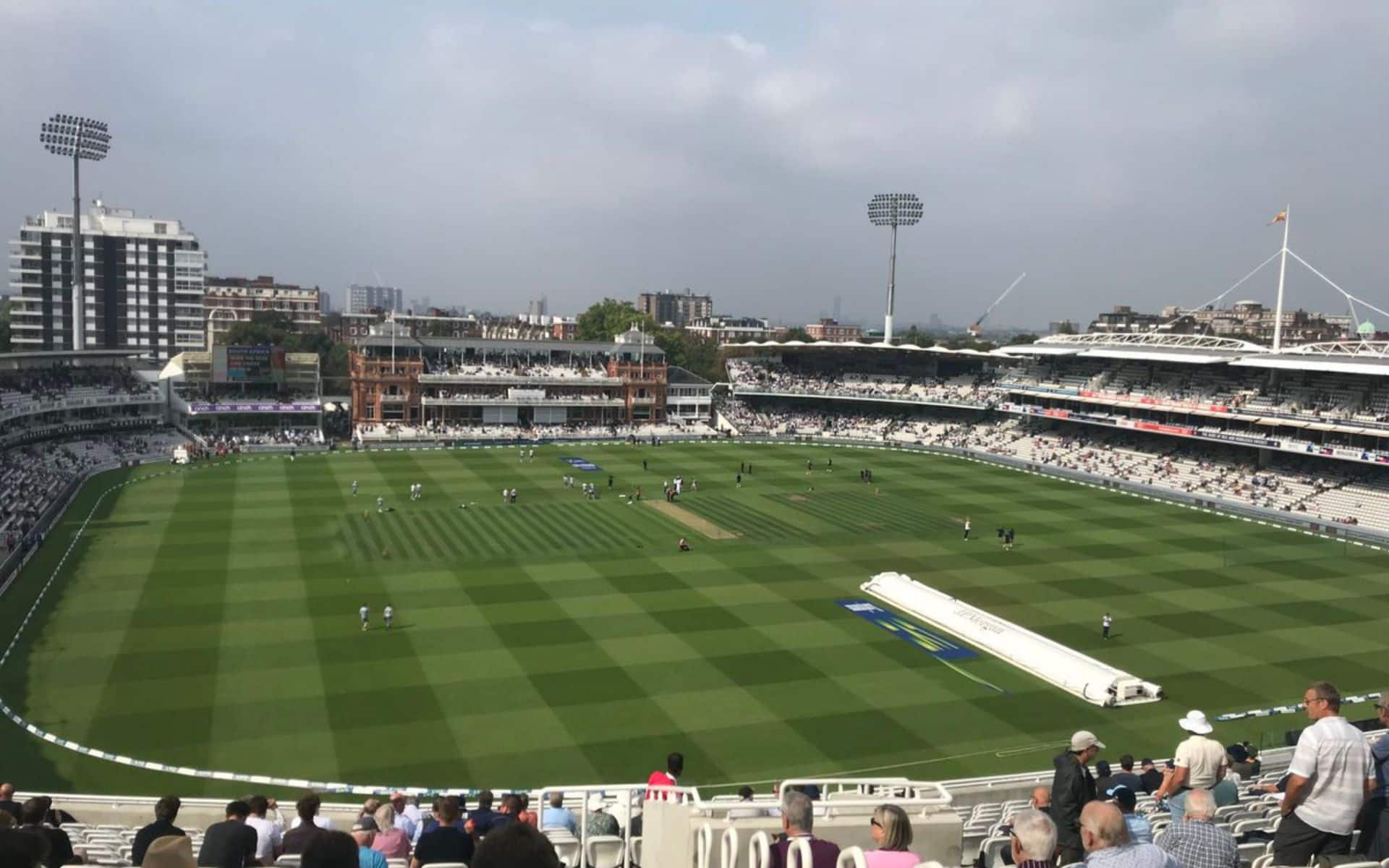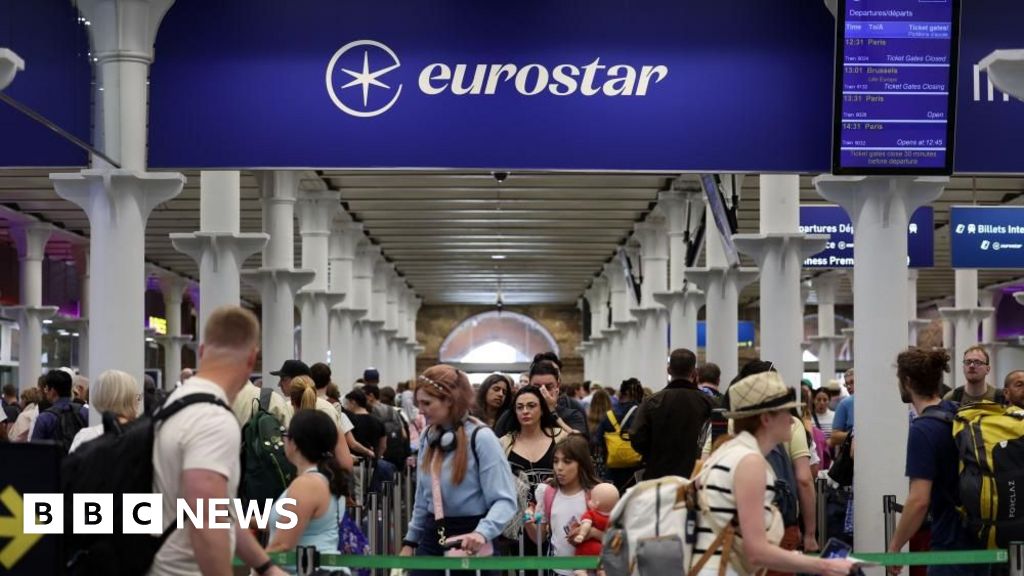Football
Glasgow, Cardiff, and now London – Real Madrid’s island games

WHEN Real Madrid face Borussia Dortmund at Wembley today, it will mark the first time the 14-time winners have ever contested a European Cup final in London.
Today’s game will be the eighth time Wembley has hosted the final of the tournament now known as the Champions League, making it the most common host of its final game.
The record 14-time winners and the record eight-time hosts had avoided each other until now, despite the Spanish giants appearing in 17 finals in total.
Real Madrid won memorably in Scotland in 1960 and 2002, and in Wales in 2017.
Their 1960 triumph against Eintracht Frankfurt at Hampden Park, Glasgow, broke records that are intact to this day.
It remains the highest attendance in a European Cup final, as 127,621 spectators packed into the stadium to watch the stars of Real Madrid dismantle Eintracht Frankfurt 7-3.
That scoreline also makes it the highest-scoring final in European Cup history, and despite the one-sided nature of the game, it is still viewed as one of the greatest football matches of all time.
The reason the game is held in such high regard in the history of the sport has a lot to do with the performances of Alfredo Di Stefano and Ferenc Puskas, two players who would go down as all-time greats of the game.
The Argentine Di Stefano scored a hat-trick and Puskas — who had been part of Hungary’s ‘Golden Team’ of the 1950s, one of the greatest international teams of all time — scored four.
Eintracht Frankfurt took the lead through Richard Kress. It was perhaps a mistake, as from then on Di Stefano could be seen dropping from his position as a forward to take the ball in midfield and take control of the game.
Hugh McIlvanney’s match report from the game for the Scotsman, which can still be read in full on the newspaper’s website, matched the greatness of the game.
“Scots in the ground could not conceal an awestruck appreciation of the glories that had been paraded before them,” McIlvanney wrote.
“It is one thing to see the wonders of Puskas, Di Stefano, Gento, Vidal and the rest on a television screen. It is another to see them in the flesh, to hear their urgent shouts as they wreak precise devastation on an opposing defence.
“Last night they flaunted all that has made them incomparable.”
Though Real Madrid’s current all-rounder, Jude Bellingham, cannot yet be compared to Di Stefano’s greatness, his style and impact on a team in terms of his positioning and influence can be similar.
Bellingham is considered a midfielder, but for Real Madrid, he plays everywhere from striker to defensive midfielder, often within the space of one game.
McIlvanney wrote of “the unflagging generalship of Di Stefano, the technical perfection and breathtaking ingenuity in Puskas, the industry of Del Sol; the deadly pace of Gento, the striking directness of Canario, and behind all that the drive of Vidal and the dominating strength of Santamaria and his defence.”
It is not difficult to apply the same descriptions to players In Carlo Ancelotti’s current Real Madrid side.
The pace of Vinicius Junior, the industry of Fede Valverde, the strength of Antonio Rudiger in defence, etc.
That victory in Glasgow was the fifth of Real Madrid’s five wins in a row following the establishment of the European Cup in 1955.
Between 1961 and 2001 they would only win it three more times before a second final at Hampden against German opposition, in 2002, saw them lift the trophy for a ninth time.
The Bayer Leverkusen side of Michael Ballack and Brazilian centre-back Lucio were the opponents on that occasion. A 21-year-old Dimitar Berbatov made an appearance off the bench.
A Lucio goal cancelled out Raul’s opener, but one of the greatest goals from another of the game’s greatest players, Zinedine Zidane, won the game for Real Madrid.
The goal is so good it is now often seen in isolation, away from any context of the game and its importance. The ball fell from the sky following a hopeful ball from the left from Roberto Carlos which can hardly be described as a cross. It looked difficult to control, never mind hit on the volley, but Zidane fired it left-footed into the top corner.
This ninth win put Real Madrid on the verge of a landmark tenth European Cup, but that wouldn’t be claimed until 2014 when they defeated city rivals Atletico in Lisbon.
Since then, Real Madrid have won it four more times, including a 4-1 win against Juventus at the Millennium Stadium in Cardiff, Wales in 2017, which was the second of three consecutive victories.
Only themselves (twice), Bayern Munich and Ajax have won Europe’s top prize three times in a row.
Now, to London, where they take on German opposition as they did twice in Glasgow. Arriving as favourites and as La Liga title winners, they face a Borussia Dortmund side who finished 27 points off this season’s Bundesliga champions Bayer Leverkusen, and 10 points behind second-placed Stuttgart.
All eyes in London will be on the Englishman Bellingham. Matching the feats of Zidane and Di Stefano is a lot to ask, but these are the games where legends of the sport are made. There would be no better moment for a player tipped to be one of the greatest of his generation to put in a statement performance.
It is, after all, something expected of great Real Madrid players and an island on which they have a history of performing, even if not yet in London.









